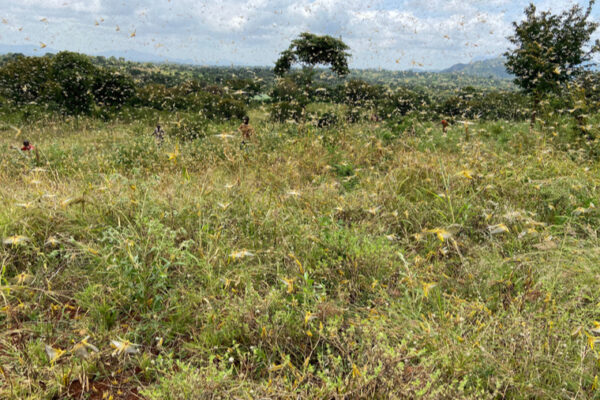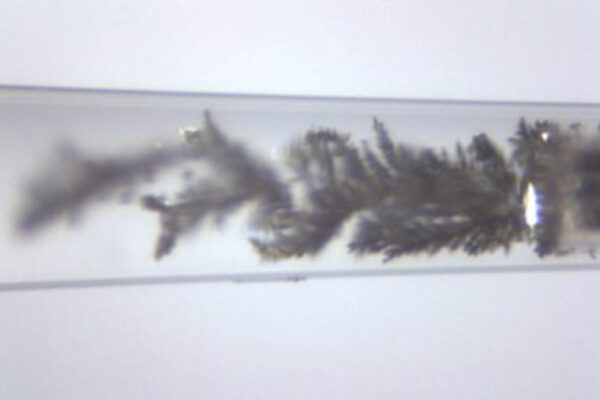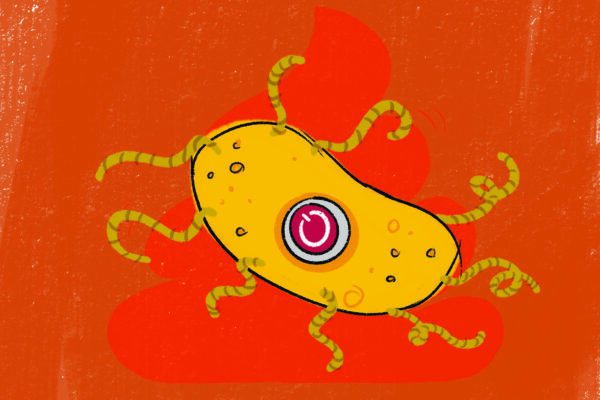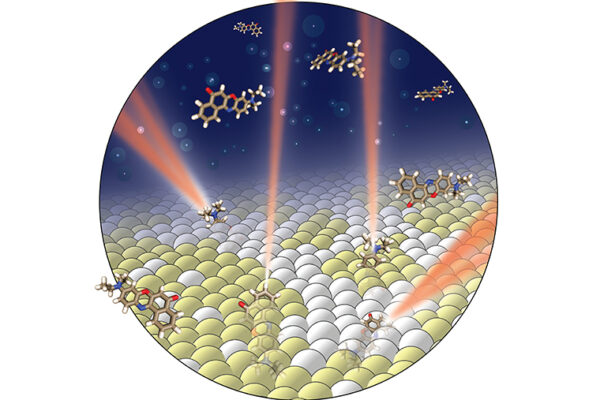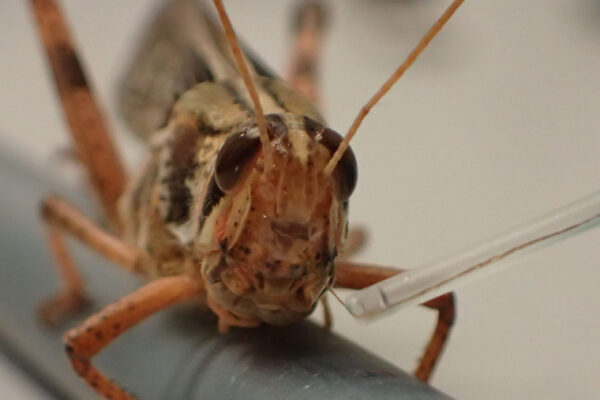Universities join forces to understand locust swarming
One locust is harmless, a swarm can be devastating. A new multi-institutional, multi-disciplinary project involving a researcher at Washington University in St. Louis aims to understand how swarms arise — and how to combat them.
Prenatal cannabis exposure associated with adverse outcomes during middle childhood
Research from the Department of Psychological & Brain Sciences at Washington University in St. Louis shows prenatal cannabis exposure may impact child behavior later in life.
Solving a current mystery
Lithium ion batteries that shouldn’t short circuit often do. Now researchers at the McKelvey School of Engineering have figured out why, and they have devised a straightforward way to tell if and when that will happen for individual batteries.
Materials in lithium-ion batteries may be recycled for reuse
A team of engineers from the McKelvey School of Engineering at Washington University in St. Louis conducted a feasibility study for electrochemical “refilling” of lithium-ion batteries into the spent electrodes to regenerate useful compounds.
Kill switch could keep genetically engineered bacteria at bay
With a grant from the USDA, a researcher at the McKelvey School of Engineering at Washington University in St. Louis works toward a customizable kill switch — a genetic circuit that could tell bacteria to self-destruct.
Female faculty in psychological sciences survey present, chart future
Washington University’s Deanna Barch was among 59 women psychologists working in academia who took an empirical approach to understanding gender inequities in their field. They find some promising data, but also much work to be done.
Using light’s properties to indirectly see inside a cell membrane
Using properties of light from fluorescent probes is at the heart of a new imaging technique developed at Washington University’s McKelvey School of Engineering that allows for an unprecedented look inside cell membranes.
Bridging the neuron-to-network gap
The McKelvey School of Engineering’s Shantanu Chakrabartty has recently been awarded a $380,000 NSF grant to address a persistent problem when it comes to recreating these neuronal networks in silicon: energy efficiency.
Researchers one step closer to bomb-sniffing cyborg locusts
Research from the McKelvey School of Engineering at Washington University in St. Louis has determined that locusts can smell explosives and determine where the smells originated — an important step in engineering cyborg bomb-sniffing locusts.
Building the power plant of the future
The federal Office of Fossil Energy has granted researchers at the McKelvey School of Engineering nearly $7 million to refine a new power plant that’s suitable for fossil fuels and renewables — and will emit almost no carbon.
View More Stories
